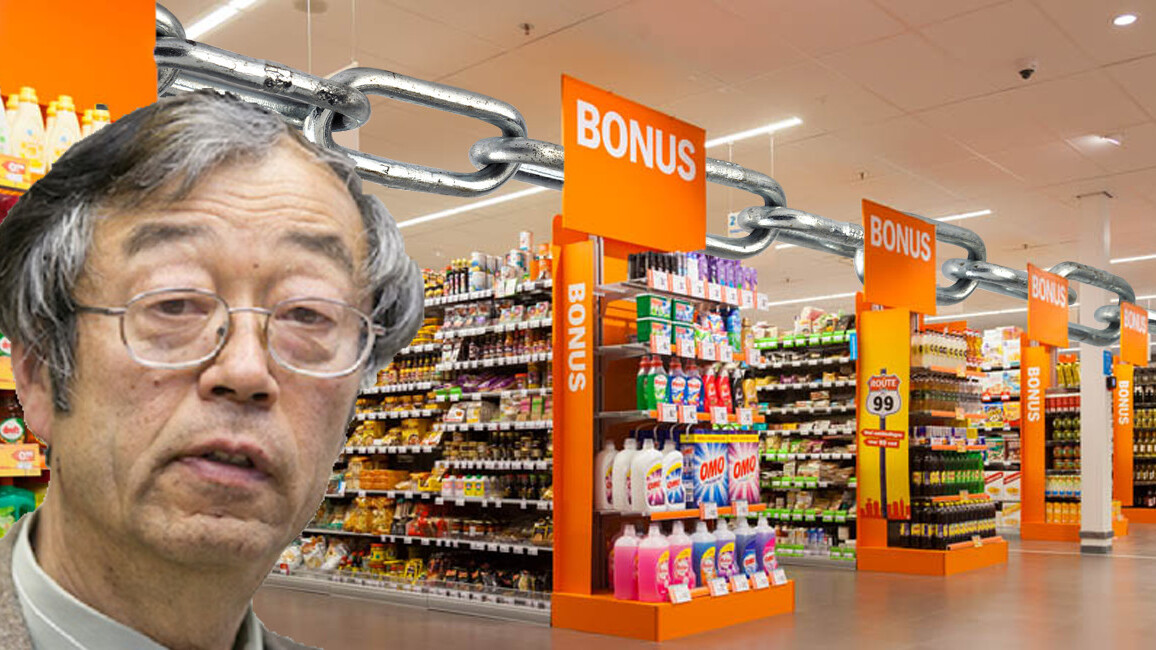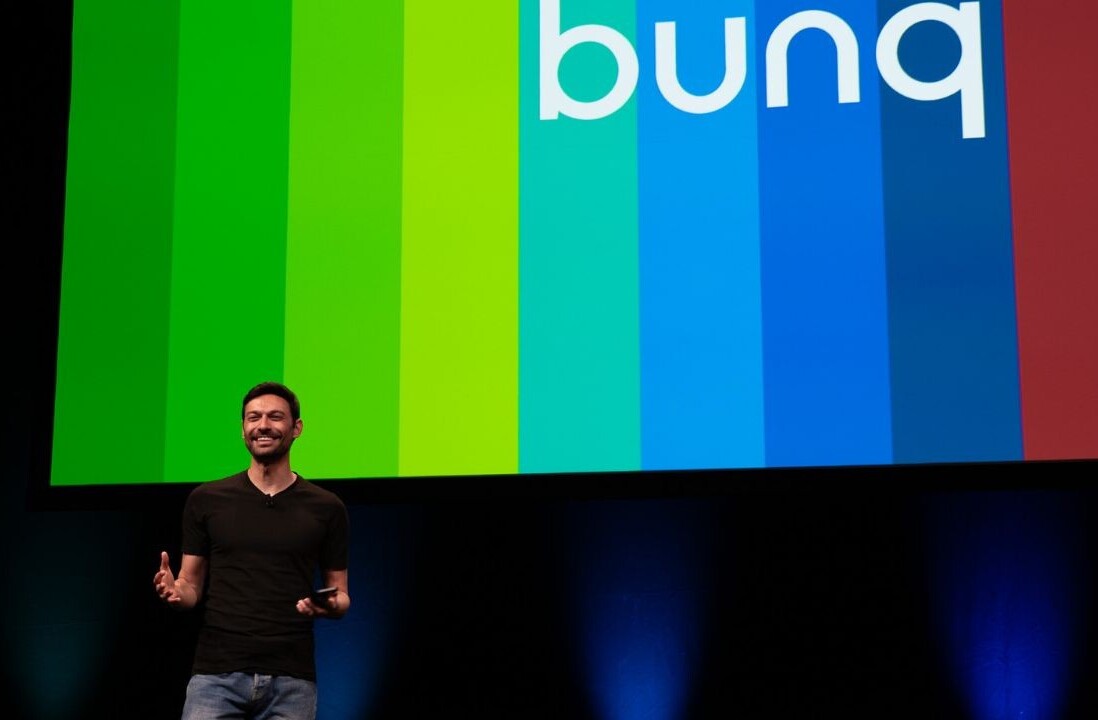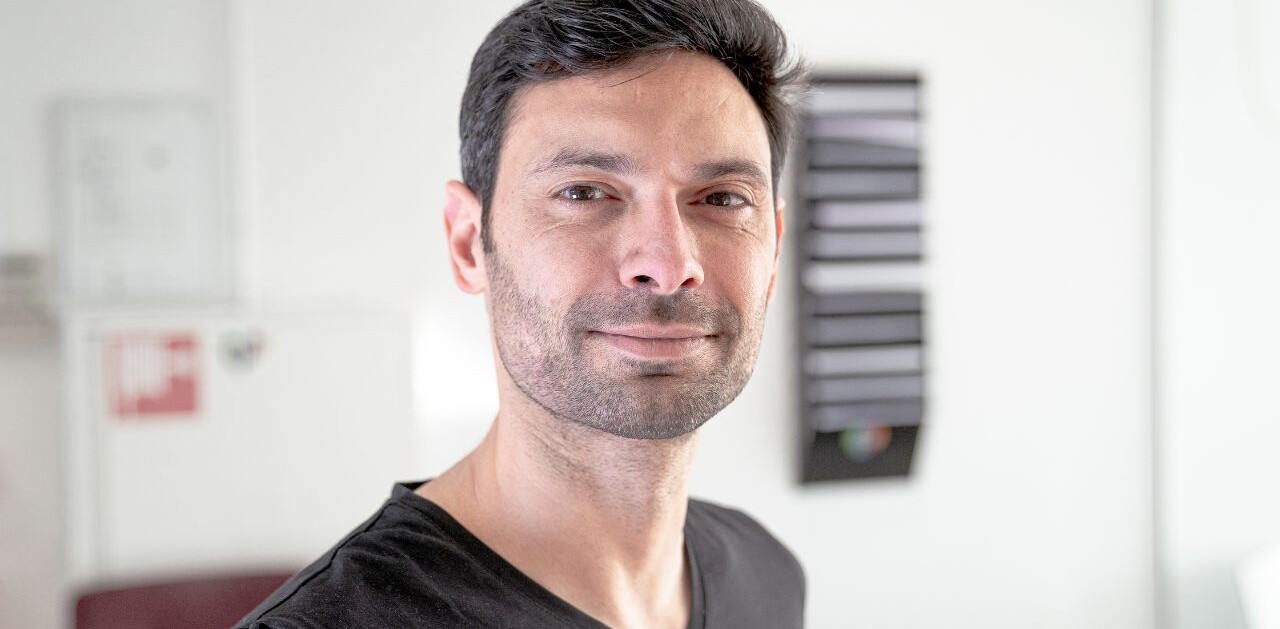
The largest Dutch supermarket chain, Albert Heijn, is planning its own blockchain makeover.
Albert Heijn wants to stamp bottles of its private-label juice with special QR-codes. Customers can scan them with an app that will show details about its origin and supply chain.
Along with major supplier Refresco, Albert Heijn will store all information related to the sourcing, production, and distribution on a distributed ledger.
It’s all part of a greater plan to provide its customers with more information. There is growing consumer concern for the origin of products – particularly fresh produce.
“In some cases the production process is easy to show, for example for vegetables and fruits from the Netherlands,” a translated press release reads. “That can be more challenging for other products, because the chain is longer, or they consist of multiple ingredients. Using blockchain, a technology that registers every step in the chain, it’s possible to show our customers how and by whom these products are made.”

Scanning a QR-code to retrieve tidbits about your juice from a blockchain is certainly cool – in a very geeky kind of way. But Albert Heijn is really just leveraging the immutable and trustless nature of blockchain tech to show off its new sustainable fruit farms.
Albert Heijn’s first ‘blockchainified’ product is its private-label orange juice. Albert Heijn source Brazilian oranges from farms that are Rainforest Alliance certified. Such producers make commitments to protect nature and the livelihoods of farmers and their families.
The company managing Albert Heijn’s blockchain implementation has also built a function that lets customers send their appreciation for the product directly to the farmers making the juice.
It is unclear whether or not this will be will be a tokenized feature, or whether a blockchain will manage it. Hard Fork has reached out to the company for further details.
Using blockchains to increase transparency is certainly a primary use-case. A few months back, a UK government food agency revealed its own plans to put meat on the blockchain, with an eye to increase regulatory compliance in the food industry.
Unfortunately, we’re yet to get any proof if such blockchain experiments are effective in improving transparency.
If you’re interested in everything blockchain, chances are you’ll love Hard Fork Decentralized. Our blockchain and cryptocurrency event is coming up soon – join us to hear from experts about the industry’s future. Check it out!
Get the TNW newsletter
Get the most important tech news in your inbox each week.





